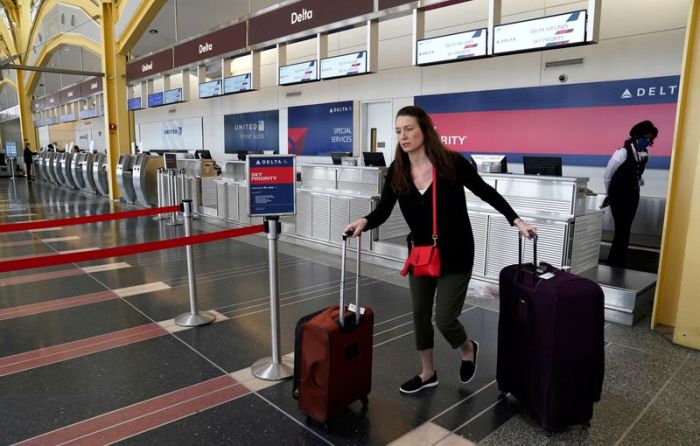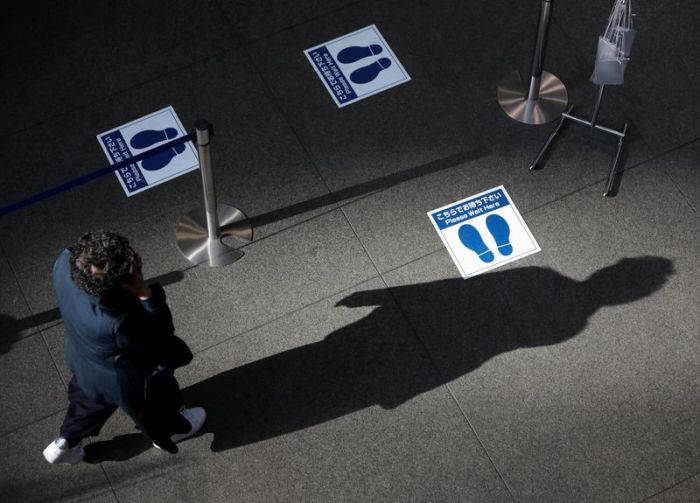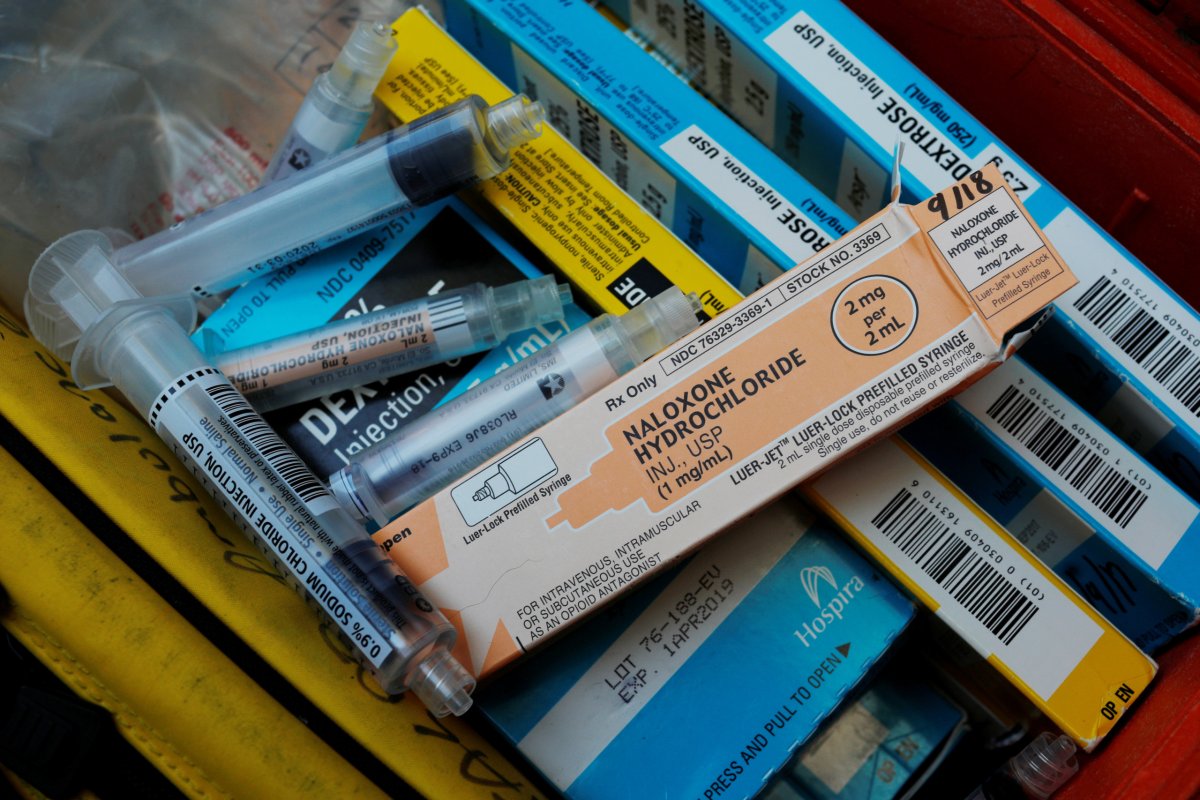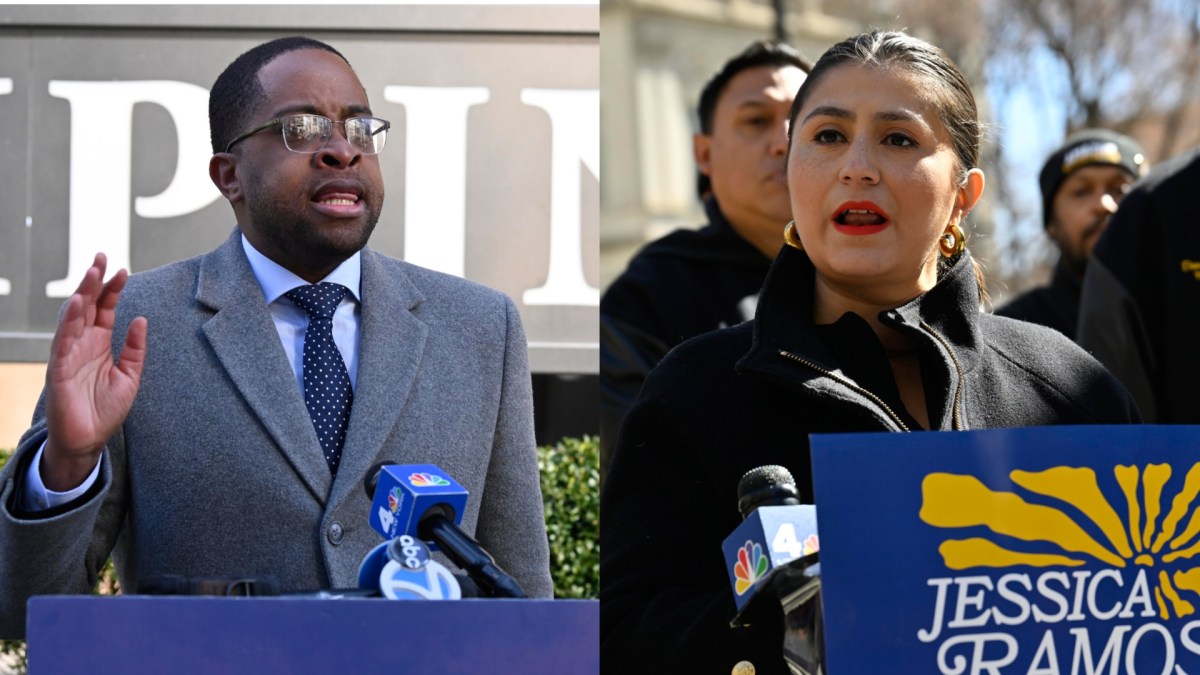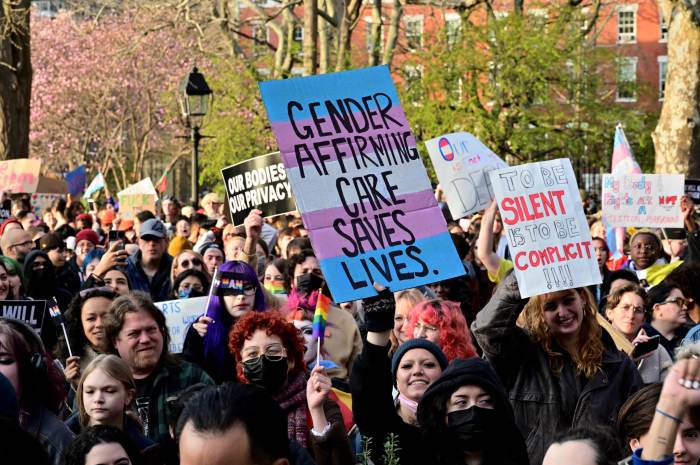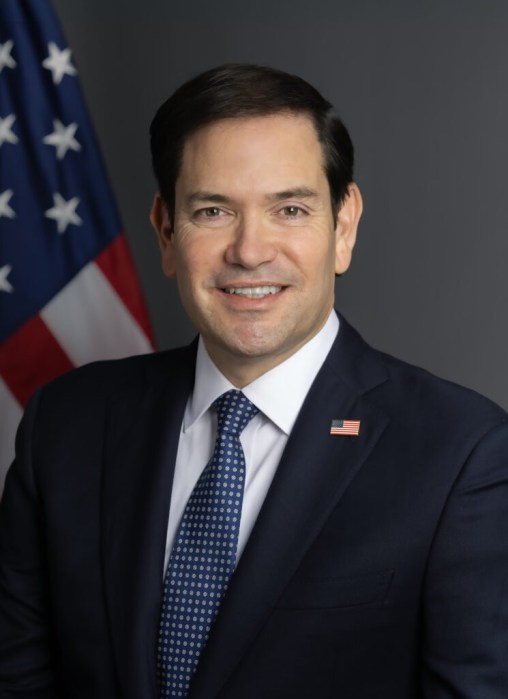ADDIS ABABA (Reuters) – Ethiopia predicted swift victory but northern rebels promised them “hell” on Wednesday in a two-week war threatening the vast nation’s unity and further destabilising the Horn of Africa.
The war has killed hundreds, sent 30,000 refugees into Sudan, and called into question whether Africa’s youngest leader can hold together Ethiopia’s myriad fractious ethnic groups.
Rebuffing appeals for talks, Prime Minister Abiy Ahmed’s government says its forces are marching on Tigray’s capital Mekelle and will soon triumph over the local ruling Tigray People’s Liberation Front (TPLF), which he accuses of revolt.
The rebels say they have captured tanks and artillery and held off the offensive despite being massively outnumbered.
“Tigray is now a hell to its enemies,” they said in a statement.
The TPLF says Abiy, their ex-military comrade and one-time political partner, has removed Tigrayans from senior security and government posts since he took office in 2018 and now wants to dominate them completely.
Abiy’s government has put former officials – many Tigrayan – on trial for crimes like torture, murder and corruption, but denies any attempt at ethnic domination.
“The federal government… denounces, in the strongest of terms, mischaracterization that this operation has an ethnic or other bias,” the government said.
Debretsion Gebremichael, elected Tigrayan president in polls that Ethiopia does not recognise, told Reuters by text that his forces had fallen back but denied government allegations they destroyed bridges and a road leading to the capital.
“We have shifted our defence line and as a result they get into some towns of South Tigray,” he added.
Ethiopian federal forces are trying to advance along long main roads from the south and the northwest of Mekelle and had got within around 200 km (124 miles) of the Tigrayan capital, a diplomat monitoring the conflict said.
The Tigrayan leaders accused federal forces of targeting civilians, churches and homes. The government says it is only hitting TPLF targets and has accused Tigrayan forces of using civilians as human shields.
Map of region: https://graphics.reuters.com/ETHIOPIA-CONFLICT/yzdvxkyewpx/ethiopia-tigray-conflict.jpg
CUT OFF
The northern state is largely cut off as media are barred, most communications are down and aid workers are pulling out, meaning Reuters could not verify assertions from either side.
Hundreds of thousands have been uprooted from homes, while internet, electricity and banking services have been blocked.
Some refugees have said militias from Amhara, the neighbouring state, attacked them because of ethnicity. There have also been reports of Tigrayans losing jobs and facing discrimination elsewhere.
Abiy’s government has repeatedly denied an ethnic undertone, saying it is pursuing criminals and guaranteeing national unity.
Aiby’s parents are from the Oromo and Amharic ethnic groups – the largest and second largest respectively.
Tigrayans represent about 5% of the 115 million people in Africa’s second most populous country.
They dominated national leadership before Abiy took the premiership and began opening up the economy and a repressive political system that had jailed tens of thousands of political prisoners.
Now 44, he won last year’s Nobel Peace Prize for a pact with Eritrea. In a rare comment on activities of a laureate, the Nobel committee in Oslo expressed deep concern this week and urged peaceful resolution of the Tigray conflict.
‘DEVASTATING HUMANITARIAN CRISIS’
The TPLF has also fired rockets into neighbouring Eritrea, escalating the war beyond national borders. It has a long-standing enmity with President Isaias Afwerki’s government, which has denied sending troops into Tigray against the rebels.
Ethiopia’s army is one of Africa’s strongest, but many officers were Tigrayan and much of its heavy weaponry was based in Tigray, on the front line of the standoff with Eritrea after a 1998-2000 war.
The Tigrayans are also a battle-hardened force with experience of fighting against Eritrea and spearheading the ouster of a Marxist dictatorship in 1991.
The International Committee of the Red Cross (ICRC) said healthcare facilities in Tigray and Amhara were short of supplies and assistance for many wounded.
“We are seeing a devastating humanitarian crisis unfold,” ICRC delegation head Katia Sorin said, adding that a telecommunications blackout was distressing families.
One hospital in the city of Gondar in Amhara had treated more than 400 people injured in the conflict while also handling 14 COVID-19 patients, the ICRC said. Three Ethiopia Red Cross ambulances were attacked last week.
With ramifications of the conflict all over the region, Ethiopian peacekeepers helping curb Islamist militants in Somalia removed weapons from 200-300 of their Tigrayan soldier colleagues in the past week, four sources told Reuters.
That was due to concerns over loyalty, not their ethnicity, the government said.
Ethiopia dispatched its foreign minister on a regional tour this week to explain the need for its Tigray offensive, which Addis Ababa has termed “law enforcement”.
Two diplomats briefed on the meetings said regional leaders told him talks would be needed to stop the security and humanitarian crisis spilling over more borders if fighting persisted.
Trying to tighten its squeeze, Ethiopia issued arrest warrants for 76 senior military officers on treason charges for their links to Tigrayan leaders, state-affiliated Fana TV said.
(Reporting by Giulia Paravacini in Addis Ababa, Duncan Miriri, Katharine Houreld and David Lewis in Nairobi; Writing by Andrew Cawthorne; Editing by Jon Boyle and Philippa Fletcher)






